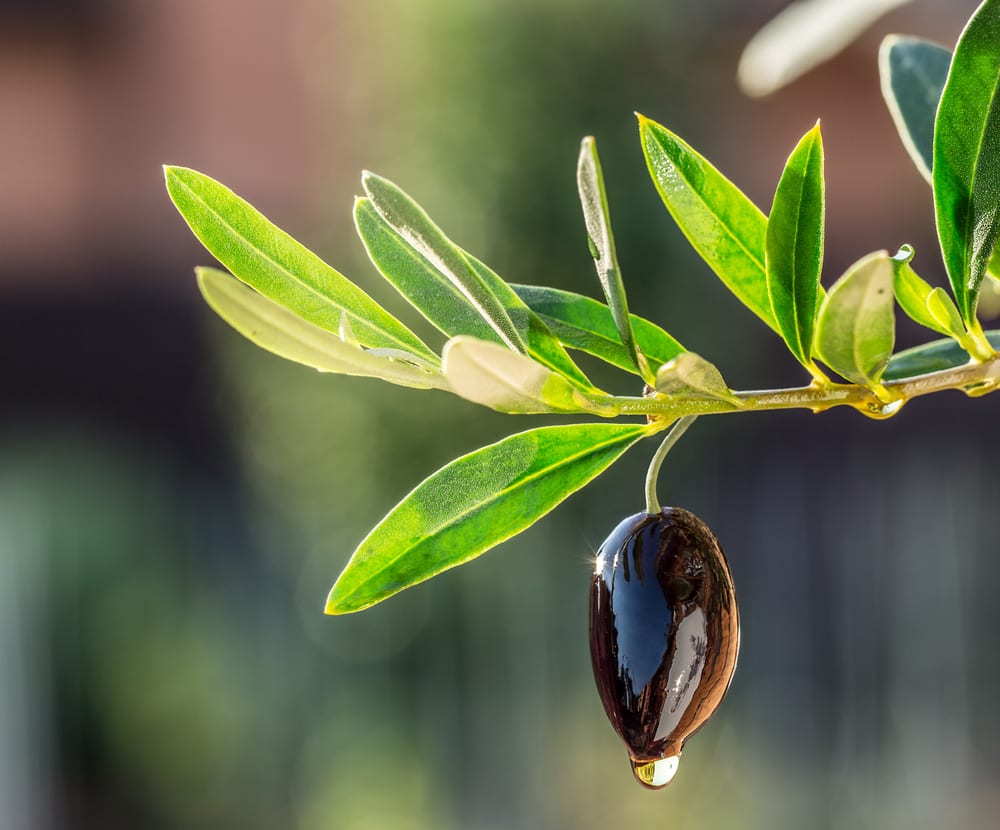JULY 2023

Botanical Immunity PART 1
Technologies
Botanicals
for Immunity
Botanicals are the next wave in immunity-directed
food and beverage ingredients.
Part 1
Consumer interest in botanical approaches to protective health continues to soar. Video courtesy of Getty Images / stockyan
With the recent surge in attention to immunity, American consumers are now thinking of preventive health less in terms of reaching for “immune boosting” supplements and more about “immune resilience.” The immune system is one of the primary interfaces for the body with the exterior world, and when it picks up a danger signal it will ramp up and activate.
For most people, the concept of “healthy” means experiencing a state of no symptoms. But this is not necessarily the true meaning of health. Health can be seen as a continuum or a scale, where the state of “no symptoms” is in the middle. As a person begins to feel run down or low on energy, they take a step toward disease, and if they then begin to feel pain or sickness, that’s a further step toward debilitation/death.
Conversely, if a person takes a step toward optimal health—the state of vigor—they might feel themselves to be in a high-energy state or one in which they rarely become ill.
Kerry Hughes, MS, Contributing Science Editor
Protective pasta
Oregano (Origanum vulgare) leaves are well known for their culinary use as an herb, but the essential oil is useful as a food preservative, as well as for its antimicrobial activity. It has also demonstrated an ability to help rebalance the microbiome. Extracts of the plant have been confirmed in research to have antifungal, antibacterial, and antiviral properties. Oregano essential oil contains the volatile oils carvacrol and thymol, which are known for their antimicrobial capacity, as well as for supporting healthy respiratory function and immune response.
The wellness scale
The more experts learn about health and immunity, the more it is clear that “immune health” is about the right side of the wellness scale, where the individual enters a state of high immune function, cell protection, and resiliency.
In addition to antigens and other insults from the outside world, the immune response can be altered by factors such as stress, sleep, exercise, mental state, and, critically, diet and nutrition—in other words, lifestyle. It is important to realize that “stress” to the body can refer to both internal and external causes of stress. There is a common saying that “all disease starts in the gut.” This includes the enormous influence of stress on our health, and how it plays a leading role in causing metabolic imbalance.
Sources of stress are not always readily identifiable; they can come from a hidden cause. But if stress is not resolved, it can spread into other areas of the metabolism and create further imbalance. Over time, this leads to serious dysfunction, followed by disease and its symptoms. And these, in turn, lead to a cascade of further complications and breakdowns.
Enter the plants
Incorporating botanicals into food products can aid significantly in maintaining the many and complex facets of immunity, such as countering internal and external stress and acting as antimicrobials, sleep quality supporters, anti-inflammatory agents, and hormonal function enhancers. Like food, botanicals are generalized mixtures of chemical compounds the body needs or uses to maintain health, sometimes termed “polypharmacies.”
Botanicals also come in many different forms that can be helpful to food formulators, including leaves, bark, roots, fibers and gums, and flowers. Many of these are underused or even unconsidered by food and beverage makers, but they merit attention from developers seeking to create products that promote immune health.
Olive (Olea europaea) fruit, and especially its oil, have become synonymous with health-boosting omega-3 and other lipid compounds. Olive oil is universally recognized for its cardiovascular and antioxidant benefits and its prominent place in the Mediterranean Diet. However, other parts of the olive tree have medicinal actions. The olive leaf is commonly used in extract form in dietary supplements for its antimicrobial and anti-inflammatory properties—especially its content of polyphenols like oleuropein.
Olive leaf extracts have been found to act as immunomodulators of the human immune response by maintaining the equilibrium of T-regulatory cells and Th17 cells. Additionally, there is evidence that their anti-inflammatory activity and immunomodulatory properties may give them the capacity to restore the epithelial barrier in gastrointestinal (g.i.) models.
GRAS preparations of olive fruit beyond the oil are also available on the market. These, too, offer high polyphenol content and antioxidant activity than the unprocessed fruit, useful not only for promoting cardiovascular health, cognitive health, and energy but also for use as food preservatives.

While the oil of the olive fruit has long been associated with health, extracts and oils from the leaves have power all their own. Photo courtesy of: IFF, Inc./Frutarom, Ltd.
Hops (Humulus lupulus) are the flowers (also called seed cones or strobiles) of the hop plant. Native to Europe, Asia, and North America, hops are an herbaceous climbing perennial from the hemp family. Known for their use in beer-making as a bittering agent and preservative, as a functional botanical, hops also have long been used in traditional medicine. Scientific support for this use earned the botanical GRAS status in the US for its oil, extract, and oleoresin compounds.
As an herbal tea ingredient, hops serve as an agent for calming, relaxation, and sleep. They also are used for their tonic and strengthening effect on digestion, with a bitter quality that can help stimulate digestive action and increase gastric secretions. In addition, they have a long history of use in supporting urinary health.
Traditional medicinal uses have included mitigation of insomnia, cramps, diarrhea, dyspepsia, fever, inflammation, anxiety, neuralgia, and rheumatism. Native Americans used hops as a sedative, analgesic, and a poultice to treat pneumonia and fevers. Both Ayurvedic and Traditional Chinese Medicine (TCM) use hops for the treatment of restlessness and anxiousness. With good sleep and digestion being important contributors to immune health, hops can play an important role in products targeting immunity.

It’s not just about the buzz—compounds in hops impart a variety of protective and analgesic effects, without the alcohol. Photo courtesy of: vanessa vellozzi for HOP WTR, Inc.
Perilla (Perilla frutescens), a relative of mint, is lauded as a true superfood, including as a contributor to immune function. Widely consumed in Asia as a vegetable, it also is a medicinal plant. Perilla leaf is used fresh, in stir-fry dishes and in kimchi. It also is available in pickled and deep-fried forms, and the seed oil is used in cooking.
In TCM, perilla is said to promote the circulation of qi (“balance,” energy, “life force”) in the diaphragm and chest. Adding to this, scientific studies have been confirming anti-inflammatory and antioxidant activity, as well as other benefits. Its primary bioactive component is believed to be rosmarinic acid, the powerful antimicrobial, anti-inflammatory, and antioxidant polyphenol best known from rosemary. End of Part 1
Good Gums
Gums from the family of astragalus trees are far more familiar and common in food preparation. Gum tragacanth (Astragalus gummifer, Astragalus spp.), native to Asia, is a small, thorny, scraggly shrub in the pea family. It produces a gum resin that is valued for its many industrial, medicinal, and food applications.
Medicinally, gum tragacanth is used in traditional and modern medicines, with both topical and internal uses. Topically, it is prized for its demulcent property, soothing burns and irritated tissues. Taken internally, gum tragacanth is useful for soothing the throat and easing coughs. It has also been used for promoting immune system health and for its anti-inflammatory, hepatoprotective, and antinociceptive properties.
In foods, gum tragacanth is mainly a food additive used as a thickener for sauces and salad dressings. It can serve as an emulsifier to give water/oil-based foods (like ice cream) the right texture and is used in the manufacture of jelly candies to achieve the proper jelly consistency. It has excellent potential for use in immune health products, as it is an ingredient already familiar to food formulators.
Kerry Hughes, MS, principal for EthnoPharm, is a frequent contributor to this magazine and a nutrition science expert and ethnobotanist with a 20-year record of success in natural product development. EthnoPharm specializes in innovative product formulation, education, and nexus-of-market opportunity identification. She can be reached at kerry@ethnopharm.com.
JUly 2023


